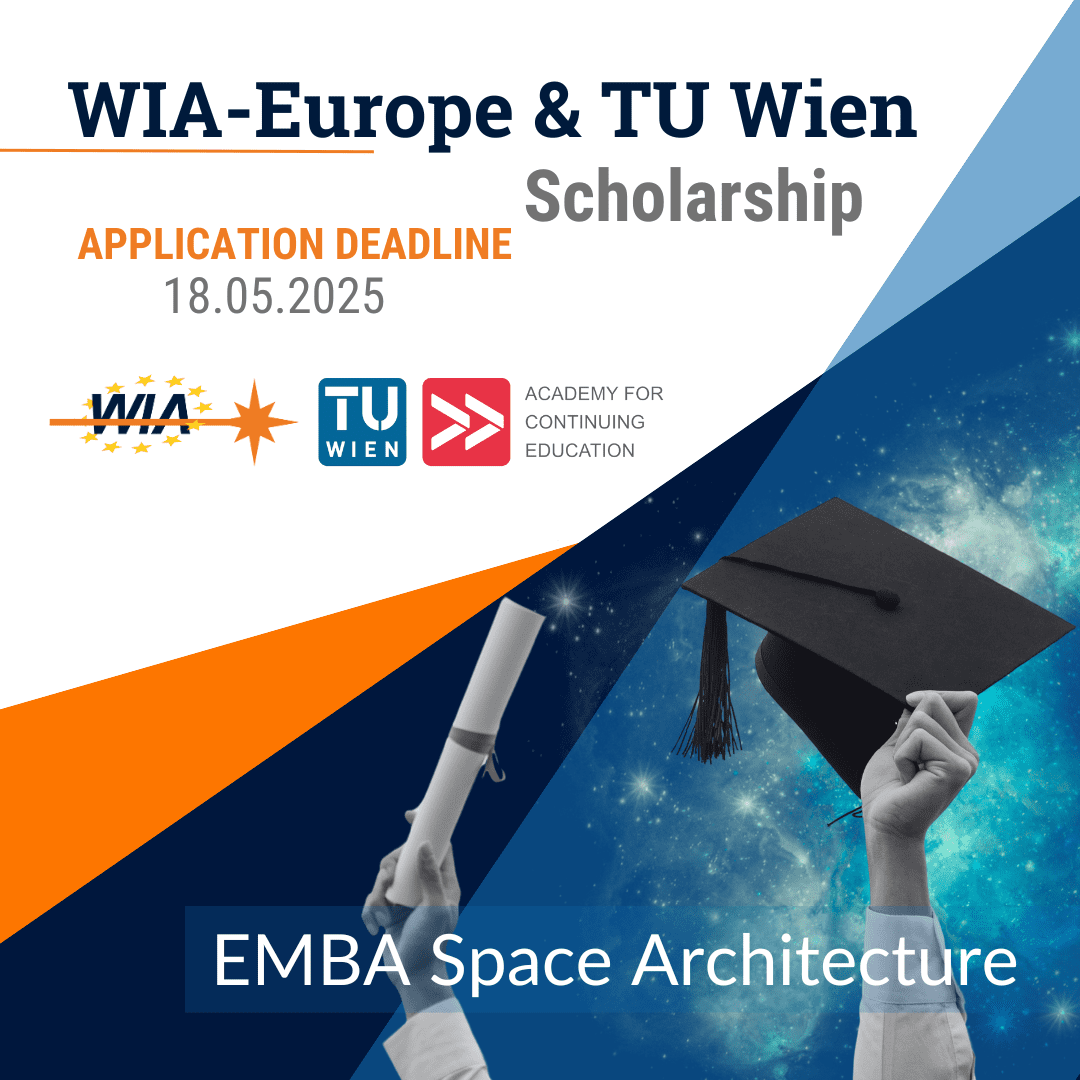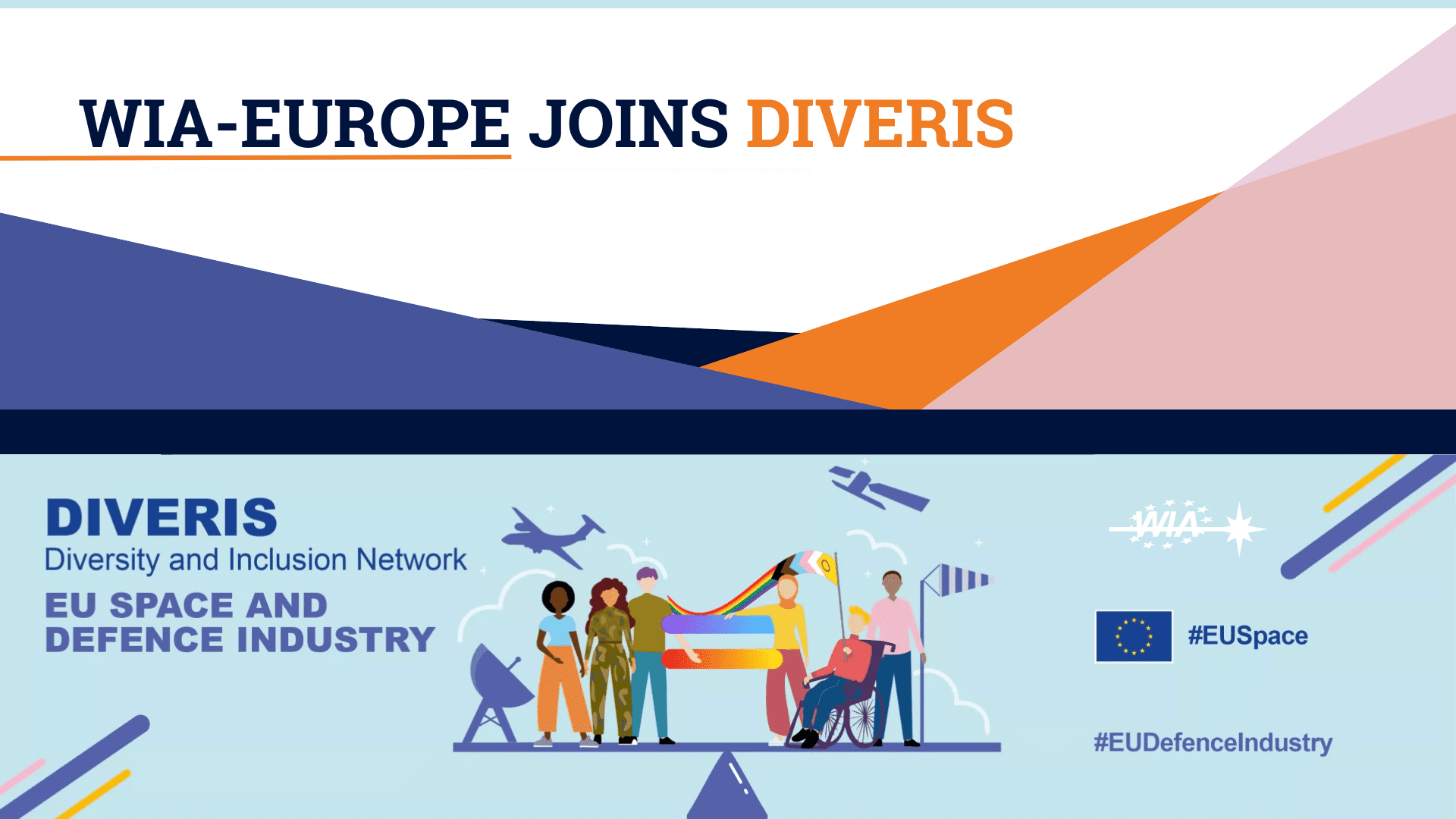Dear all,
we’re enthusiast to share with you an exciting opportunity for students, within our Corporate member ESA. Continue reading for the official description of the call for projects.
——
The European Space Agency (ESA), in collaboration with the Swedish National Space Agency (SNSA) and the German Aerospace Center (DLR), is currently accepting proposals for the next cycle of the REXUS/BEXUS programme (Rocket and Balloon Experiments for University Students).
The REXUS/BEXUS programme offers flight opportunities on sounding rockets and stratospheric balloons for experimental payloads designed and developed by university students. The balloons and rockets will be launched from Esrange in Kiruna, Sweden, in autumn 2020 and spring 2021, respectively.
The students, assisted by a project supervisor, are invited to propose, design, implement and fly their own experiment. Typical experiment disciplines include, but are not limited to, upper atmosphere and reduced gravity research, radiation analysis and technology demonstration.
The chosen teams, then, will be given the opportunity to participate in real technical reviews, where experts from some of the most important space organisations and institutes in Europe will provide the teams with their extensive knowledge and expertise.
ESA Education will then sponsor up to 4 students per team to participate in technical reviews, testing campaigns, including an Integration Week at ZARM’s facility in Bremen and Bench Test in DLR Oberpfaffenhofen (both for REXUS only), a launch campaign and the participation in an international conference, providing them with travel and accommodation etc.
The participation in this project is a great experience that offers students the unique opportunity to develop a real space project from the initial idea through to the thrill of launch and to meet space industry professionals and like-minded students from throughout Europe, allowing for direct knowledge transfer and great networking opportunities!
Please refer to the programme homepage for further information regarding the research platforms, programme timelines and the application procedure: http://www.rexusbexus.net. Alternatively, you may visit the ESA hands-on projects portal via the ESA Education website: http://www.esa.int/Education.
The call for experiment proposals will close on Monday, 14 October 2019.
Please do not hesitate to contact us with any queries and to spread the word about this exciting opportunity amongst your student/professor community.
We look forward to receiving many exciting experiment proposals.
The ESA Education Office


